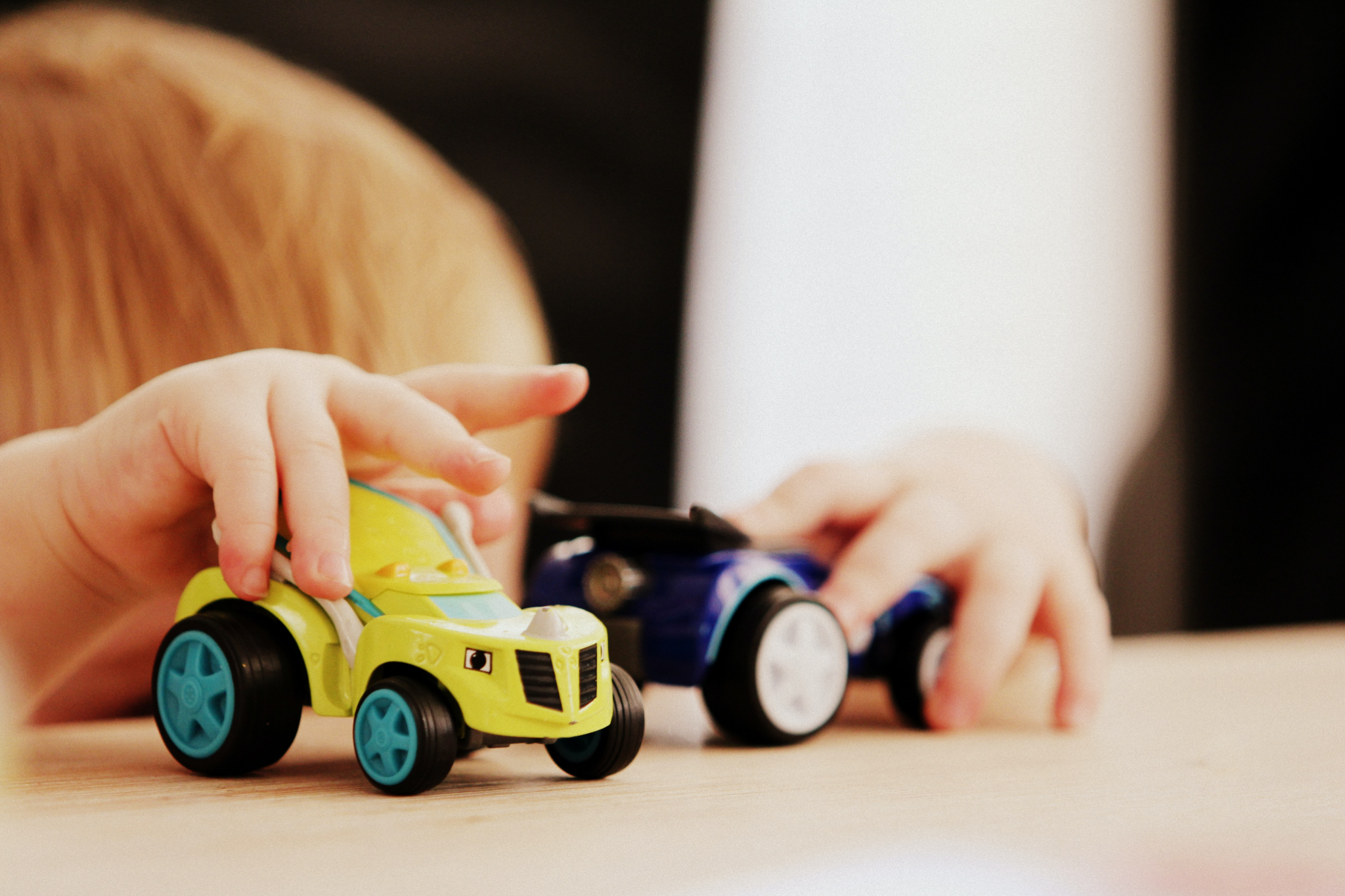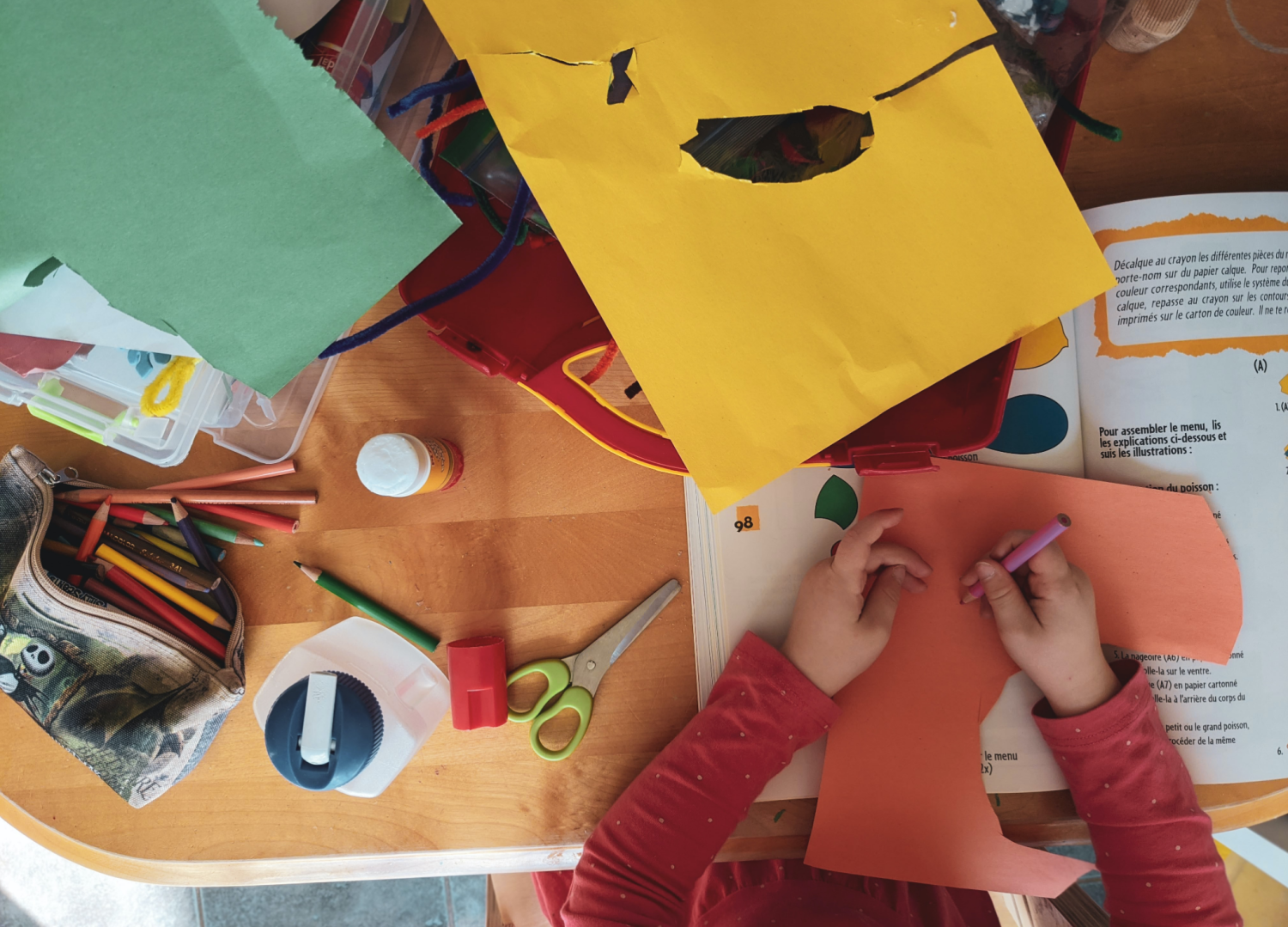 The topic that often gets me emotional is kindergarten readiness. Should I immediately send my son to kindergarten, or give him one more year to roam the wild frontier of childhood? As a parent of a 4-year-old boy, this decision is fast approaching – and, to no one’s surprise, I’ve been offered lots of advice.
The topic that often gets me emotional is kindergarten readiness. Should I immediately send my son to kindergarten, or give him one more year to roam the wild frontier of childhood? As a parent of a 4-year-old boy, this decision is fast approaching – and, to no one’s surprise, I’ve been offered lots of advice.
Yes, he knows his letters. Yes, he can count. Yes, he can use a pair of scissors. But it’s more than that.
As an educator who has worked with all types of learners, I wanted to approach this decision with intention and careful consideration. Spoiler: we have decided to delay the “Big K” for one more year, because that is what is right for him. As with any big decision like this, finding and engaging with the existing research is critical – and, because it can take a village to find that next step, I wanted to share some things I found helpful to my family as we navigated this decision.
Boys Grow at Their Own Pace
Like our lovely Texas weather, boys’ social-emotional development can be unpredictable. Research indicates that young males often develop social and emotional skills at a different rate than their female counterparts, which is something you may have already observed if you have both sons and daughters, or you see your son interacting with his female peers. Putting the brakes on kindergarten enrollment may therefore offer them the extra time they need to mature and flourish.  Allowing More Time for Social Skills to Blossom
Allowing More Time for Social Skills to Blossom
Social interaction builds social skills, and most of this is learned in childhood. Our kids must learn to work and play with others – it doesn’t happen overnight! Kids, especially males with an extra year before kindergarten, have more opportunities to develop empathy, cooperation, and communication skills. Research by Dr. Betsy Gunzelmann has shown that emotional intelligence is best when it is cooked “low and slow.”
Embracing the Emotions
Kids who start kindergarten too early may feel overwhelmed by emotions they haven’t yet learned to navigate. This, in turn, can spill over into (primarily negative) attitudes about school, and a lack of belief in their own abilities. Emotional readiness can offer the guardrails that are needed to stick with the challenges of kindergarten – including, how they handle separation, sharing, and following instructions. An extra year offers more time for these skills to take root.
Tips for Taking Action
Observe Your Child: Watch for signs of readiness. For example, if drop-off or leaving them with a babysitter is a consistent struggle, they might need more time before embarking on kindergarten.
Talk to Other Trusted Parents and Teachers: They’ve been down this road before and may be able to offer valuable insights and advice.
Trust Your Parental Instincts: You know your child better than anyone. If it doesn’t feel right to you or them, then it isn’t.
The September cut-off birthdate for kindergarten eligibility may be a baseline, but it’s definitely not a one-size-fits-all situation. Your decision to delay or dive into kindergarten is yours and yours alone. Considering the uniqueness of your child’s social and emotional development, and prioritizing that before academic promise, may mean that postponing kindergarten for a year could be the wisest choice you make for your little one.
***
Sources
Gunzelmann, B. (2008). “Understanding Gender Differences in Early Childhood.” Education Digest, 73(7), 39-42.
Elkind, D. (2001). “Much Too Early.” Education Next, 1(2), 9-15.
Graue, M. E., & DiPerna, J. (2000). “Redshirting and Early Retention: Who Gets the ‘Gift of Time’ and What Are Its Outcomes?” American Educational Research Journal, 37(2), 509-534.
Goleman, D. (1995). “Emotional Intelligence: Why It Can Matter More Than IQ.” Bantam Books.
Other Useful Reading:
Texas Department of Education’s Guide to Kindergarten Readiness: State guidelines and information for parents who are making decisions about kindergarten.
“The Hurried Child” by David Elkind: A book that discusses the pressures placed on children to grow up too quickly.
National Association for the Education of Young Children (NAEYC): A great site with articles and resources on childhood development, including kindergarten readiness.
“Your Four-Year-Old: Wild and Wonderful” by Louise Bates Ames and Frances L. Ilg: A detailed look at the developmental stages of four-year-old children, which may help parents in understanding readiness.











